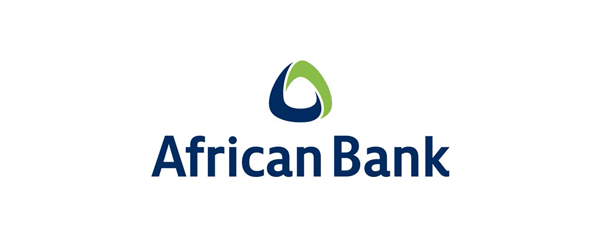Experian SA in partnership with Econometrix, a leading South African economics research unit, publishes the Experian Business Debt Risk Overview report on a quarterly basis.
The report consists of three main sections: the Experian Business Debt Index (BDI), a macro-economic overview and a sectoral debt analysis.
The report provides a concise international and domestic macro-economic overview, highlighting selected indicators and a forecast of key variables of the South African economy and its nine major sectors (namely agriculture, mining, manufacturing, electricity, construction, trade, transport, finance and services). A more detailed analysis of the debt situation in each sector (with regard to debtors’ days, the age categories of debt, judgments and liquidations) are included in the report.
The Experian BDI is an indication of how the players in the business community in South Africa are settling their credit arrangements with suppliers – it is a reflection of the overall position of debt settlement between businesses in the economy.
The report provides clients with meaningful insight to the South African economic climate supporting them in the development of their organisation strategy.
Experian Business Debt Index (BDI)
Experian SA and Econometrix launched South Africa’s first ever Business Debt Index (BDI) in February 2014. The Experian BDI is a vital and unprecedented benchmark for the interpretation of the state of business’s debt-paying abilities. It is an indicator of the overall health of businesses, as well as the South African economy.
It measures the relative ability for businesses to pay outstanding creditors on time and tracks macro-economic indicators that can impact on the ability of companies to pay their creditors. A number of debtors and macro-economic variables are combined into a single indicator of business debt stress.
The Experian BDI will be published on a quarterly basis.







